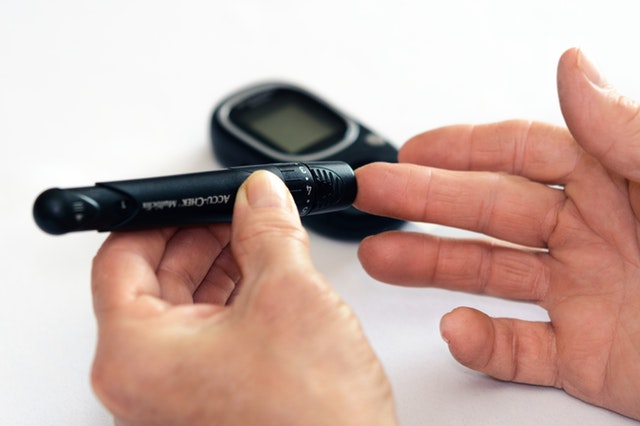Weight Loss Surgery and the Reduction of Diabetes

Weight Loss Surgery and the Reduction of Diabetes
Weight loss surgery as we know it has its benefits. It can reduce the risk of heart disease, increase life expectancy, and all-around make patients feel better. However, one of the major benefits that patients receive post weight loss surgery is the decrease in type 2 diabetes. People often associate type 2 diabetes with obesity. And while one does not have to tie with the other, the two chronic conditions can overlap. While it is certainly the case, that also begs the question; Which weight loss surgery is more effective at reducing type 2 diabetes? Is there a chance that weight loss surgery in Decatur, AL can improve type-2 diabetes today? After all, not all weight loss surgeries yield the same results.
The Connection between Obesity and Insulin Resistance
It turns out are not only different results for types of weight-loss surgeries. There are also different types of obesity too. The clinical definition of obesity is “the excessive growth of adipose tissue depots arising from the chronic consumption of calories over the energetic needs of the individual.” The definition does not refer to where the tissue deposits are located. Or how much excess there is. It simply states that the presence of excess body fat is enough to count as obesity.
According to Current opinion in endocrinology, diabetes, and obesity, “There is a large individual variation in the size and expandability of different adipose tissue depots in humans.”
If there are different types of obesity, then there should be different ways our bodies respond to it, right? That same paper confirms it. “This factor is critically important in understanding the relationship between obesity and insulin resistance. The expansion of some depots can cause an increased risk of insulin resistance. The expansion of others has a decreased risk.”
So, what type of obesity is linked to insulin resistance?
It turns out that the type of obesity linked to insulin resistance is…
Visceral Adipose Tissue
According to healthline.com, “Visceral fat is a type of body fat in the abdominal cavity. It’s located near several vital organs, including the liver, stomach, and intestines.” This type of fat is very different from the fat between the skin and muscle, or subcutaneous.” So, what makes visceral fat the cause of insulin resistance or type two diabetes? While there is no definitive answer, this is what we do know.
- Visceral fat tissue increases, the risk of insulin resistance of type 2 diabetes in humans.
- This type of fat correlates with fatty liver disease.
- Excess visceral fat gain may cause insulin resistance through automatic cell mutation. We know this through inflammation caused by automatic growth factors from immune system cells. These cells are located in our guts.
- If we eat more calories than our bodies can store safely into subcutaneous fat, the excess fat will store around our organs and cause fat buildup in our bloodstream.
So, what is the best type of weight loss surgery to address all of that?
Biliopancreatic Diversion
A biliopancreatic diversion is a lesser-known weight loss surgery. Its performed all over the world. However, it is not as popular in the United States.
There are some similarities between this surgery and a roux-en-Y. For example, the lower part of the stomach is removed in each surgery. However, the roux en Y gastric bypass surgery does not bypass as much of the intestine as the bilio. This makes a biliopancreatic procedure much of a higher risk for nutrition deficiency in patients. That’s why not many hospitals practice it today.
But that may change. According to a recent study, “Biliopancreatic diversion appears to be more effective at eliminating diabetes. Not just because of greater weight loss but also because the procedure itself seems to make patients more sensitive to insulin.” And the data reinforces it.
Italian researchers in the Catholic University in Rome studied a data pool of weight loss surgery patients. The patients weren’t diabetic. This was to prevent medical complications during the study. They waited until after the patients went through surgery and measured metabolic reactions between patients who had a Roux en Y and those who had a Biliopancreatic Diversion.
What they found was that patients after a roux en Y procedure were no more sensitive to insulin. However, patients who received biliopancreatic diversion surgery were found to be more sensitive to insulin.
Conclusion
This may be good news when it comes to figuring out weight loss surgery in Decatur, AL. At least it is a step towards different surgeries. Whether this comes in demand or not, it all depends on patient care first.
According to the Professor of Medicine conducting the study, “The type of bariatric surgery performed on an individual patient depends on many considerations. Including an assessment of the effectiveness and safety of the procedure, patient preference, and the surgeon’s experience.”
It is unclear if this is going to become mainstream practice. However, it is a step forward. A step towards a personalized approach to weight loss surgery.
If you want to know more about weight loss surgery, visit www.alabariatrics.com.